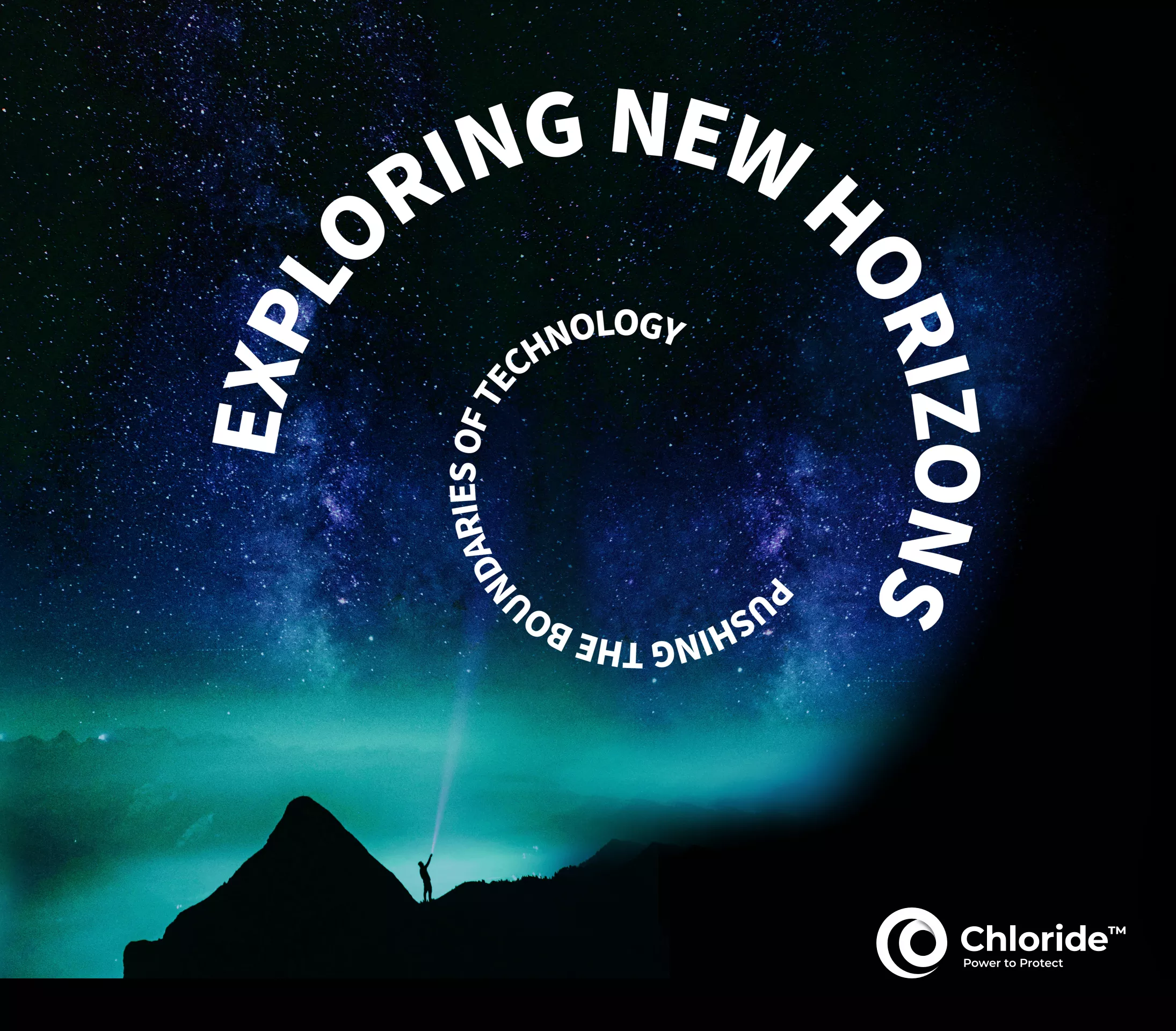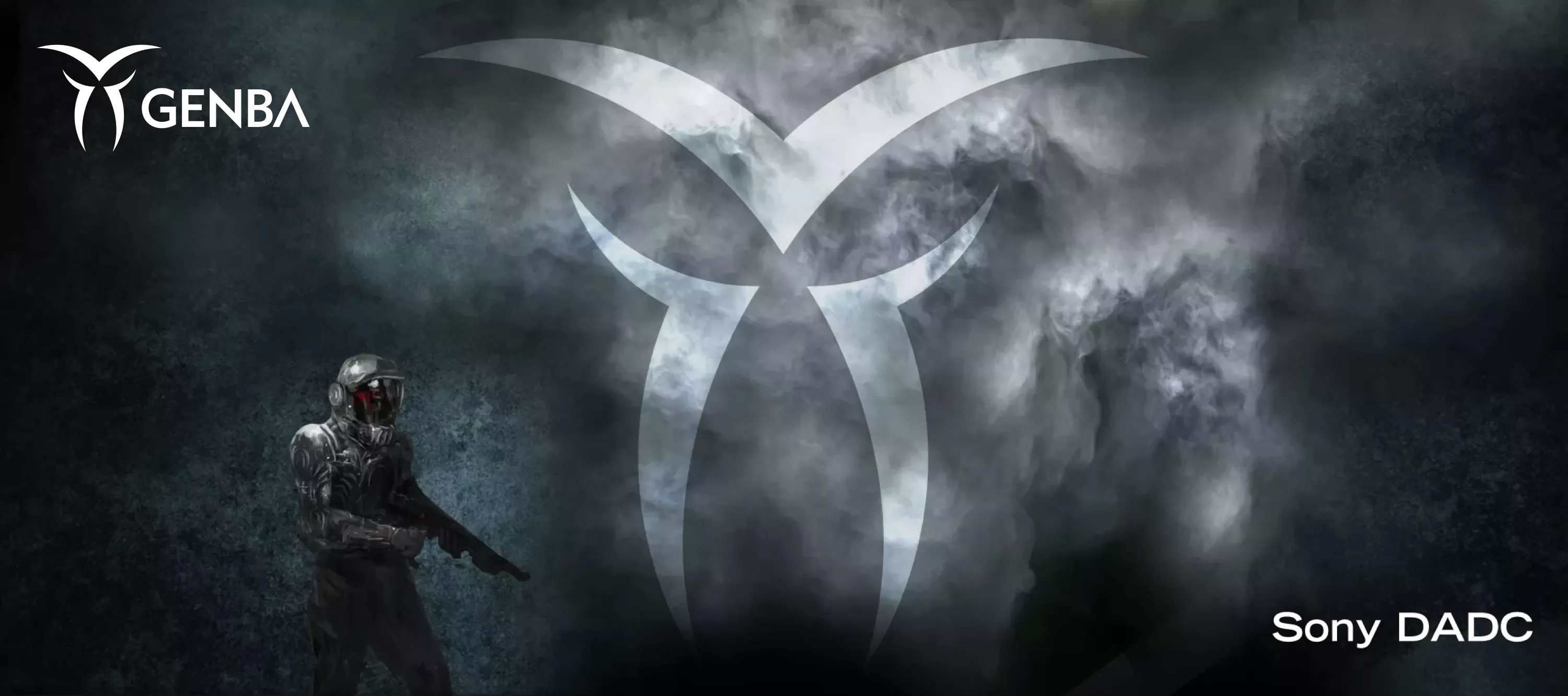
Published
Why Businesses Still Need Skilled Humans
Yes, AI can absolutely deliver something from A to B. It can write content, generate ideas, create visuals, and even sound human. But the real question isn’t “can it?” It’s: how well?


35 YEARS OF BIG IDEAS
B2B Marketing Specialists for 35 years
With countless brands created, websites launched and campaign successes behind us, we have developed a clear understanding of what works in the ever evolving world of B2B marketing.
A 'Top 100 UK B2B Marketing Agency'
B2B Marketing Specialists for 35 years
With countless brands created, websites launched and campaign successes behind us, we have developed a clear understanding of what works in the ever evolving world of B2B marketing.
A 'Top 100 UK B2B Marketing Agency'
Having mastered the specific nuances of the B2B world, we have developed an experienced B2B marketing agency team dedicated to helping our clients to raise awareness and engage with their audience.
We specialise in both offline and B2B digital marketing services. Our philosophy is simple, we put ourselves into the shoes of your target market, using our experience and resources to curate content and B2B digital marketing campaigns that will hold your audience’s attention.
As a digital marketing agency in Kent, have delivered effective B2B marketing campaigns for over 30 years to both large, high profile corporations to SMEs in Kent and the South East. Every B2B audience is different – we’ve successfully navigated the unique nuances of B2B marketing to deliver on campaign goals and business growth in a professional manner and committed way.
To each of our clients, we pledge the same promise to be:


Case Study
Redefining this B2B tech brand to meet ambitious growth targets.
Strategy
Brand
Content
Digital and Marketing Automation
Web

Case Study: Web
Development of digital platform to manage a network of websites for this B2B corporation.
Creative Web Design
Custom Web Development
Content
Digital

Case Study: Brand
Brand development and marketing for industrial manufacturer with 100 years of history.
Brand
Content
Digital
Web

Case Study: Digital
Digital transition for leading infrastructure services provider.
Creative Web Design
Custom Web Development
System Integration
Content
Digital

Our experienced B2B creative design team are committed to quality and consistency. We specialise in design for all kinds of media platforms, so your customers can engage with your brand on any device. Our dedication to aesthetics ensures that your design can catch the eye of each and every visitor.
At Tiga, we are committed to developing unique and innovative designs that will enable you to start building an identity for your brand, as well as expressing your deepest core values and the purpose behind your business at the same time.
We specialise in creating robust B2B marketing strategies for your brand's individual needs, starting off by establishing which direction your business is heading and how our team is going to take you there. The B2B marketing-sphere is constantly growing and evolving with new platforms and tactics and so your strategy needs to do the same. As a digital agency in Kent, will assist you in transforming your business goals into strategies that produce stable, long term lead generation.
We have a committed team of skilled in house web developers, crafting B2B websites that are specially designed to suit the needs of each client, their brand and business goals. With our team of designers, engineers and strategists, our team will plan, design and ultimately build functional accessible and aesthetically pleasing B2B websites on a number of platforms.
Quality content services and automation is more important than ever when it comes to traffic generation, awareness and search engine optimisation. We design compelling content marketing campaigns to improve the visibility of your website, the authority of your brand and topical relevance of your website.
Our experts in digital marketing in Kent can help you to build your brand's reputation as an industry leader by grabbing your target audience's attention in an efficient and productive way.
The potential payback of successful advertising campaigns can transform the ROI of any marketing budget, but the list of options can often seem endless making it difficult to choose the right pathway for your needs. Our team will work closely with you to offer advice on what we think is most suitable, testing at every single stage to identify the positives and negatives. We rely on quality communication and will keep you informed on each step we take.
A well thought out and well executed B2B campaign can deliver enhanced traffic and capture that all important ‘attention’ of your target audience. We track campaign engagement across multiple channels, delivering consistent messages designed to encourage an ever deepening bond with your target customer and ultimately a conversion.

Contact us
If you’re looking for a B2B marketing agency in Kent to help you create your next marketing campaign, then let’s create something great together – get in touch with us today on 01474 815 714 or by emailing us at [email protected] to discuss how we can help you to achieve your business goals.
We’ve learnt a few things over the years that we thought you might find useful. If you’re running your own business or marketing a company please feel free to dip in and read. For example, read our ultimate guide to B2B marketing here!
If you’re looking for a B2B marketing agency in Kent, don’t hesitate to give us a call if you have any questions—we’re more than happy to help.

Published
Yes, AI can absolutely deliver something from A to B. It can write content, generate ideas, create visuals, and even sound human. But the real question isn’t “can it?” It’s: how well?
Published
Somewhere along the way on this particular journey, professionalism became mistaken for formality. Many B2B companies worry that sounding human means sounding less intelligent.
Published
In B2B, the assumption was that buyers only cared about cost, capability and compliance. These may be aspects they care about, but it very much doesn’t end there.

As a B2B marketing agency in Kent, we have delivered effective creative campaigns for over 25 years. We are a talented team of in house designers, web developers and marketing experts with a passion for delivering business growth for our clients through irresistible online content and innovative marketing campaigns.
Our digital agency in Kent is 37 minutes from the centre of London. Meopham is a great central location for serving our Kent, London and Essex client base, however, we have clients based all over the UK and internationally. We can very easily visit you in surrounding areas such as London, Essex and Surrey
Marketing is about so much more than just lead generation and sales, it can transform a companies reputation, generate brand loyalty and build consumer trust. Without B2B marketing, B2B businesses will struggle to grow both financially and within their competitive landscape.
We offer a full range of services from B2B strategy development through to web design and development. We have a range of in house experts so you’ll deal with one agency who will guide you through the process as opposed to a range of independent companies.
Our talented team of marketers, developers and designers have worked on an extensive range of campaigns for a number of high-profile B2B clients including Mitsubishi Electric, Balfour Beatty, Sony and Sahara Presentations. To find out more about the work we have done together, view the case studies section of our website.
When we think of marketing, we often think about an engaging Facebook post from our favourite brand or the John Lewis Christmas adverts. These are great examples of how businesses market their brand or products to end consumers. They’re designed to lead you towards a purchase that is usually a one-time purchase of a consumable product. However, when a business communicates its services to another business, there are many more complexities and nuances to understand and take into consideration. We don't always need to create award-winning campaigns but as a B2B marketing agency, it's important for us to educate our clients on these nuances and discover how we can take them forward.
There are several key factors that make B2B marketing different from its B2C counterpart. For starters, good B2B communications tend to be more informational – focusing on the benefits offered to the business they’re selling to. For example, a B2B solution may save the customer money, increase profits, increase productivity or save time. Or perhaps you have a quality product but offer a better level of service than your competitors. More often than not, the sale is determined by whether your solution will benefit the business you’re selling to – and offers value in doing so.
A Business to business marketing team often faces unique challenges in the quest to gain visibility in their chosen marketplace in comparison to B2C marketing. For example:
The sales cycle of a Business to Business solution is more often than not much longer than that of a B2C sale. Also, once a sale is made or completed, businesses have a harder time attributing the sale to the original channel that led to a purchase.
Due to the longer sales cycle, B2B companies often need to engage with prospective buyers across a number of platforms and have numerous conversations before a purchase is made.
B2B sales tend to be more consultative and based on the knowledge, experience and expertise of the business you’re purchasing from.
B2B transactions are often of higher monetary value and so the purchase is much more of a ‘considered’ one. Larger businesses may have purchasing departments that engage in long-term contracts with their vendors who are vetted rigorously before engaging in business.
More so than B2C transactions, you’ll often have a lot more interaction (face-to-face or via phone calls) with a person when it comes to the B2B sales cycle. You could have the best product on the market, but may not be a cultural fit for the company you’re selling to. ‘People’ have much more of an influence on the final sale in comparison to a B2C transaction which can happen without speaking to a single person.
Many businesses, particularly in construction or in education, have strict requirements for their vendors or products needed (as outlined by governing bodies).
Any business that sells to other businesses is engaged in marketing. This could include companies that handle anything from security solutions to office supplies. When a B2B marketing agency or company creates a campaign it’s typically directed at those who are in charge of purchasing decisions for that company. The person who is responsible for purchasing will essentially be a type of ‘persona’ and have shared traits with others in a similar position. This helps the marketing department to establish who their target audience is, where they spend their time and the best channels to use to reach them and deliver their message.
Depending on the industry, your marketplace can be a crowded place. It’s essential to have a well-thought-out, measurable strategy in place in order to stand out among your competitors and communicate why your target audience should work with you. With that being said, a solid marketing strategy should include the following: